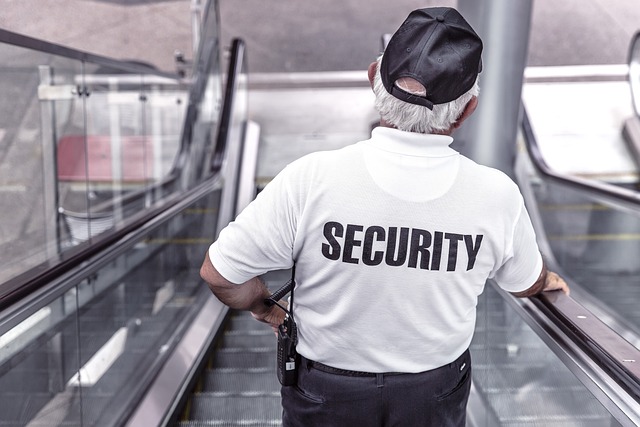Building secure communities is crucial for achieving neighborhood safety in today's digital era. Integrating local surveillance systems, empowering residents through active Community Watch programs, and encouraging open communication strengthen public safety. Group Security flourishes when every individual takes an active role, with regular meetings, vulnerability assessments, and joint patrols. These initiatives create a collaborative environment, deter criminal activity, and foster a sense of belonging. Strategic planning, focusing on tailored security initiatives, identifies local risks and weaknesses, integrating local surveillance and community engagement for swift incident response. Encouraging proactive community engagement builds trust and prioritizes everyone's safety, creating stronger, more secure neighborhoods.
In today’s digital era, proactive community security initiative planning is crucial for enhancing neighborhood safety. This comprehensive guide delves into essential aspects of community security, from understanding the cornerstone of public safety to leveraging local surveillance techniques and fostering group security through community watch programs. We explore strategic planning methodologies and emphasize the power of building a culture of proactive engagement for improved security outcomes. By implementing these initiatives, folks can transform their communities into vibrant, secure symphonies.
- Understanding Community Security: The Cornerstone of Neighborhood Safety
- Local Surveillance Techniques for Enhanced Public Safety
- Fostering Group Security through Community Watch Programs
- Strategic Planning for Effective Security Initiatives
- Building a Culture of Proactive Community Engagement for Improved Security
Understanding Community Security: The Cornerstone of Neighborhood Safety

Understanding Community Security is the cornerstone of achieving Neighborhood Safety. In today’s digital era, proactive community security initiatives planning involves integrating various strategies to foster public safety. This includes leveraging local surveillance systems, empowering residents through a robust Community Watch program, and fostering open communication channels for reporting suspicious activities. A well-connected and vigilant community acts as the first line of defense against potential threats.
Group Security is enhanced when every member takes an active role in securing their surroundings. Effective security initiatives involve regular meetings to discuss neighborhood concerns, conduct vulnerability assessments, and organize joint patrols. By pooling resources and knowledge, communities can create a safe and supportive environment where everyone feels secure. This collaborative approach ensures that public safety remains a top priority for all residents, ultimately strengthening the social fabric of the Neighborhood Safety efforts.
Local Surveillance Techniques for Enhanced Public Safety

Fostering Group Security through Community Watch Programs

Strategic Planning for Effective Security Initiatives

Strategic planning is a cornerstone for developing effective community security initiatives that foster neighborhood safety and public safety. It involves a comprehensive analysis of the local landscape, identifying potential risks and vulnerabilities to group security. By leveraging local surveillance and community engagement, residents can proactively address these issues, enhancing overall community well-being.
A well-structured plan should incorporate diverse strategies, such as establishing robust communication channels, organizing community watch programs, and promoting neighborhood vigilance. These measures enable a swift response to any incidents while fostering a culture of collective responsibility. Effective strategic planning ensures that security initiatives are tailored to the unique needs of the community, ensuring a safer and more secure environment for all residents.
Building a Culture of Proactive Community Engagement for Improved Security

Building a culture of proactive community engagement is key to enhancing neighborhood safety and fostering public safety. Encouraging residents to take an active role in their community security initiatives can significantly improve local surveillance and group security. When neighbors watch out for each other, it creates a sense of collective responsibility that strengthens the overall security of the area.
Community watch programs and regular security meetings can facilitate this engagement. By organizing these gatherings, residents can share information, identify potential risks, and develop strategies to address them. Such proactive measures not only deter crime but also build trust between neighbors and local law enforcement, ensuring everyone feels heard and their safety is prioritized.
